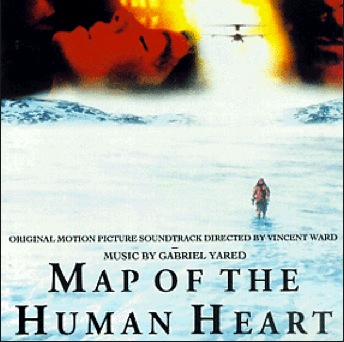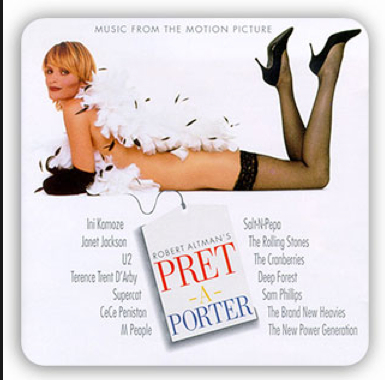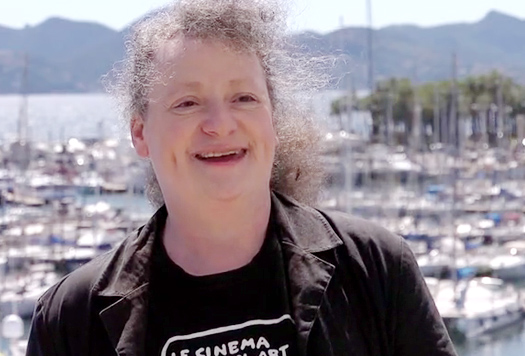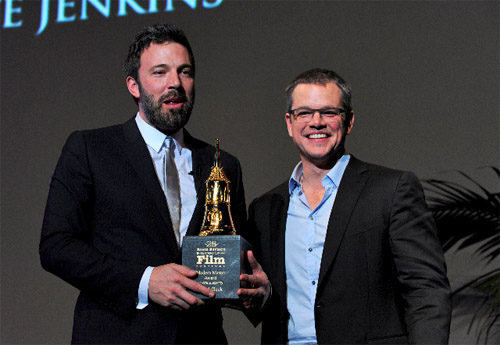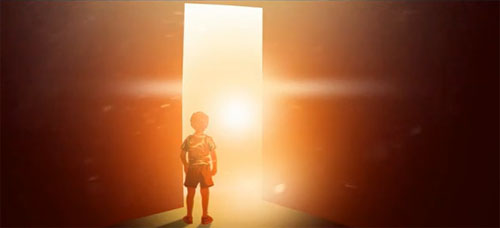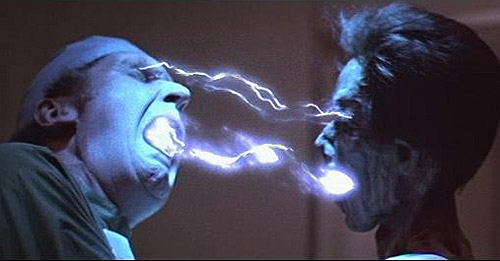
2315 Words On “Lifeforce.” Yes. “Lifeforce.”
Released in the summer of 1985 to critical scorn and near-total commercial indifference, the sci-fi/horror hybrid “Lifeforce” has spent most of the following 28 years languishing in obscurity. If it was remembered at all, it was either because of its massive financial failure–which helped doom the futures of both its producing company and its director–or because of its status as one of the all-time favorite films of Mr. Skin, that beloved repository of on-screen nudity.

